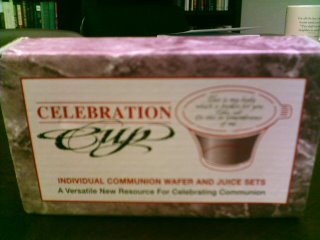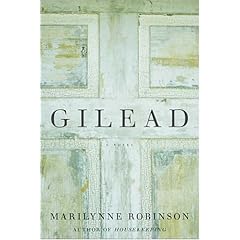I believe that a man can find nothing more glorious than these Psalms; for they embrace the whole life of man, the affections of his mind, and the motions of his soul. To praise and glorify God, he can select a psalm suited to every occasion, and thus will find that they were written for him.
-Athanasius (296-373 a.d.)
The truth is, the Old Testament Psalms are perfectly suitable to our dispensation. God and His perfections are the same—correspondence with which there is a permanence n the character and the attributes of the saint, which lays a foundation for a stated system of Psalmody; the graces and exercises of the saint are substantially the same at all times; the description and expression of these, by the Spirit of God, we prefer to the paintings of men. If unsuitable, what a pity that neither Jesus nor His apostles, at any time, gave the most distant hint of this fact; nor did they, so far as we know, attempt to supply the defect.
-Gilbert M’Master, An Apology for the Book of Psalms, 1852







